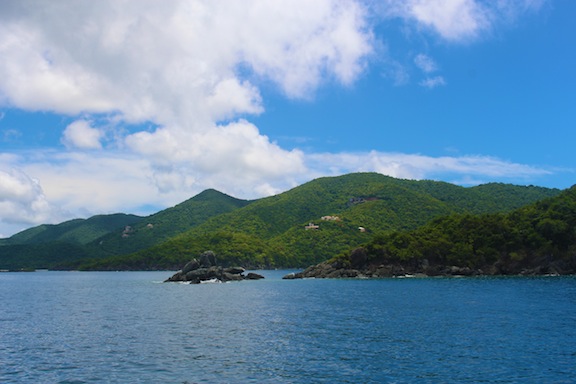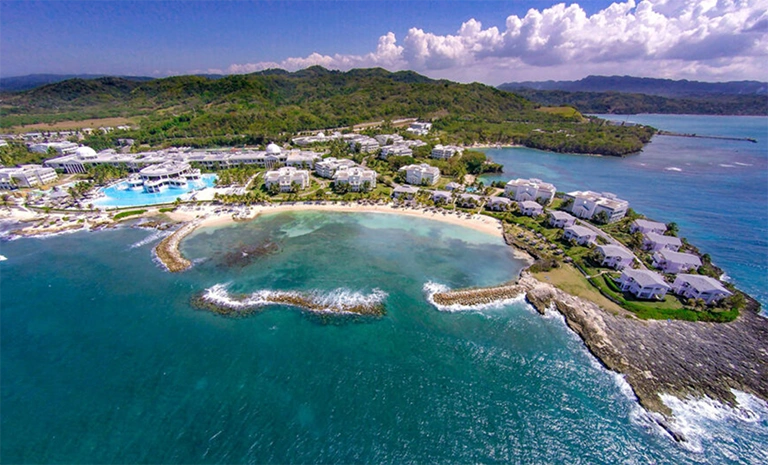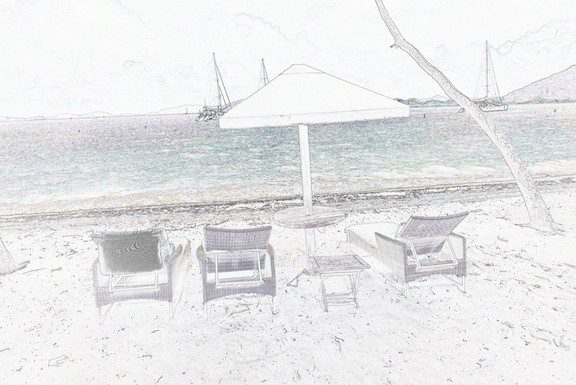Guerda Nicolas: Building a Cohesive Caribbean Through Psychology

By Guerda Nicolas
CJ Contributor
With its theme of “Caribbean Psychology: Unmasking the Past and Claiming Our Future”, the Caribbean Alliance of National Psychological Associations (CANPA) in partnership with Suriname Association of Psychologists and Special Educators (SVPO) hosted close to 300 individuals in Suriname for its inaugural conference, the Caribbean Regional Psychology Conference (CRCP 2014).
The first regional conference CRCP 2011, which was held in Nassau, Bahamas, led to the development of CANPA. CANPA is a regional organization of psychological associations that supports the development of psychology and is working to improve the mental health and psycho-social wellness of Caribbean people, through culturally relevant and competent training, research and practice.
National representation from CANPA’s thirteen (13) member countries included psychological associations from the Bahamas, Barbados, Cuba, Guyana, Grenada, Haiti, Jamaica, Martinique, Puerto Rico, Suriname, Trinidad and Tobago and the US Virgin Islands were in attendance for this important development in the region.
In addition, participants from the following countries in the region participated in the conference: Curacao, Dominica, Ecuador, St Lucia, St Martin, St Croix, and French Guyana. For many of these individuals, reaching Suriname required traversing two (and for some three) different countries, a symbol of the historical barriers created in the region, that continues to impact smooth collaborations and community building among the different countries.
The conference also brought participants from the US, UK, Canada, Cambodia, France, Netherlands, Germany, and South Africa, creating a mosaic of our humanity.
The conference program consisted of more than 130 presentations, 4 preconference workshops, 2 keynote addresses, 10 plenary speeches, community symposium, student networking, and a celebration of the different cultures in Suriname. The conference kicked off officially with keynote speakers by Barbados based attorney-at-law and political activist David Commissiong, a Pan-Africanist who engaged the audience on the Reparations Movement, and Professor Marcia Sutherland, a Jamaican born psychologist at SUNY, Albany, USA, who spoke on a Pan-Caribbean Psychology as a tool for regional development.
The Caribbean Regional Conference of Psychology represents the tapestry of the Caribbean, with our diverse history, culture, languages but bound by our collective vision to break the barriers build by our history of colonization and slavery. Through its biennial conference, CANPA aims to claim a unify future built on “demasking” of our historical trauma and a celebration of our diversity. The momentum from CRCP 2014 in Suriname poised CANPA for its next conference in 2016 to be hosted in partnership with the Haitian Association of Psychology (AHPsy) in Haiti with the theme of “Promoting Caribbean Health with Multiculturalism and Multilingualism: Challenges and Opportunities.”
Given the motto of the Haitian people, “Union Fait La Force”, CRCP 2016 will, in no doubt, continue to unify the different countries in the Caribbean and provide the space for the continual celebration of such diversity.
Dr Guerda Nicolas, a Caribbean Journal contributor, is the chair and associate professor in the University of Miami’s Department of Educational and Psychological Studies.







